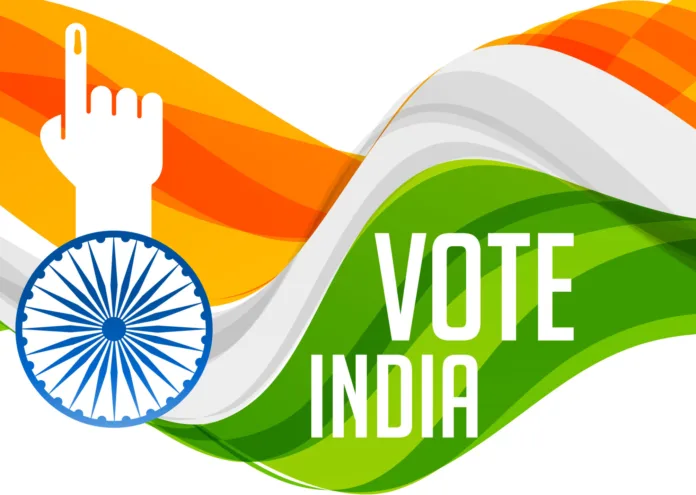International observers monitor India’s election process amidst claims of unfair practices
India’s democratic process, once a model for the world, finds itself under the international microscope for the first time. The nation’s approach to elections, heralded for its inclusivity and robustness, faces serious scrutiny amidst allegations of unfair practices and diminishing electoral integrity.
The genesis of this unprecedented scrutiny lies in the global concern over the administration of India’s electoral mechanisms. The United Nations, along with countries like the US and Germany, has raised eyebrows over the fairness and transparency of the upcoming elections. This has sparked a robust defence from India, asserting the independence and integrity of its electoral system. Yet, the debate rages on, drawing attention from across the globe.
Embed from Getty ImagesIndia’s representative to the UN, Ambassador Arindam Bagchi, staunchly defended the nation’s electoral process, dismissing concerns over its democratic fabric as baseless. He championed India’s electoral experience as a beacon for the world, highlighting its foundation on plurality, diversity, and constitutional values.
However, the international community remains unconvinced. UN High Commissioner for Human Rights, Volker Turk, and representatives from the US and Germany have voiced concerns over the potential curtailing of civic freedoms and the impartiality of the election process. This international attention marks a departure from India’s historically internal handling of election oversight.
Critics within India echo these concerns, pointing to a trend of decreasing electoral freedom. Noted political commentator Yogendra Yadav predicts the upcoming election could be the least free in the nation’s history, a sentiment that mirrors concerns over the independence of the Election Commission of India (ECI) and the transparency of electronic voting mechanisms.
At the heart of the scrutiny are several key issues:
Voter Exclusion: Allegations of systematic exclusion of minority voters from electoral rolls, casting a shadow over the universal suffrage principle.
EVM Concerns: Persistent doubts about the reliability and transparency of Electronic Voting Machines (EVMs), compounded by the absence of comprehensive audits.
Political Bias: Accusations of governmental interference in opposition parties, with investigations and financial restrictions perceived as tactics to stifle competition.
Information Monopoly: The ruling party’s alleged control over media narratives, shaping public opinion through biased reporting and social media manipulation.
Election Commission Independence: Questions about the ECI’s autonomy, with recent actions and appointments suggesting potential government influence.
The unfolding scenario has prompted the formation of an independent international observer group, tasked with monitoring every facet of India’s electoral process. This group aims to offer objective assessments through regular updates, shedding light on the conduct and fairness of the elections.
This move towards international oversight marks a critical juncture for India’s democracy. The essence of the concerns lies not just in the administrative mechanics of conducting an election but in preserving the democratic ethos that has been India’s pride. As the world watches, the integrity of India’s elections hangs in the balance, posing significant implications for its democratic credentials on the global stage.
